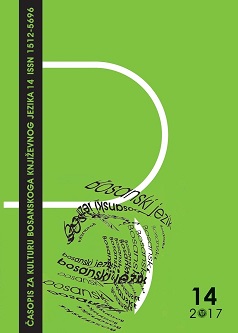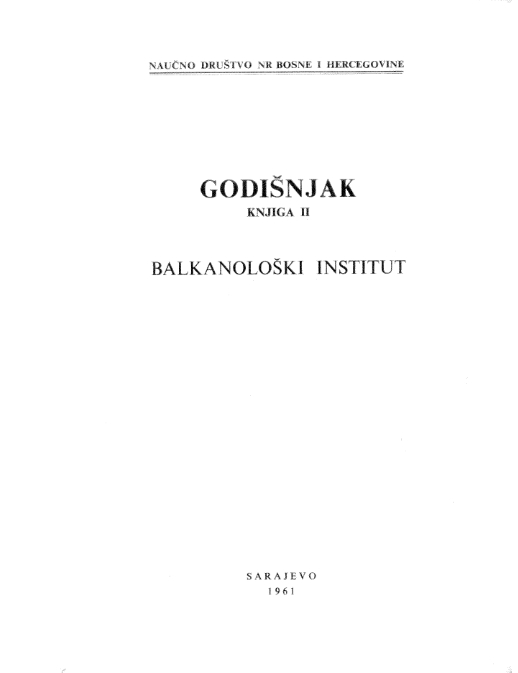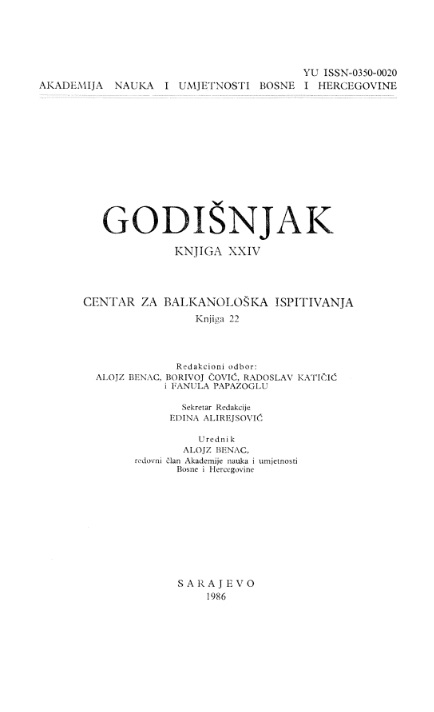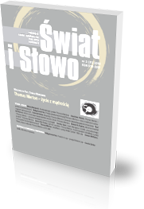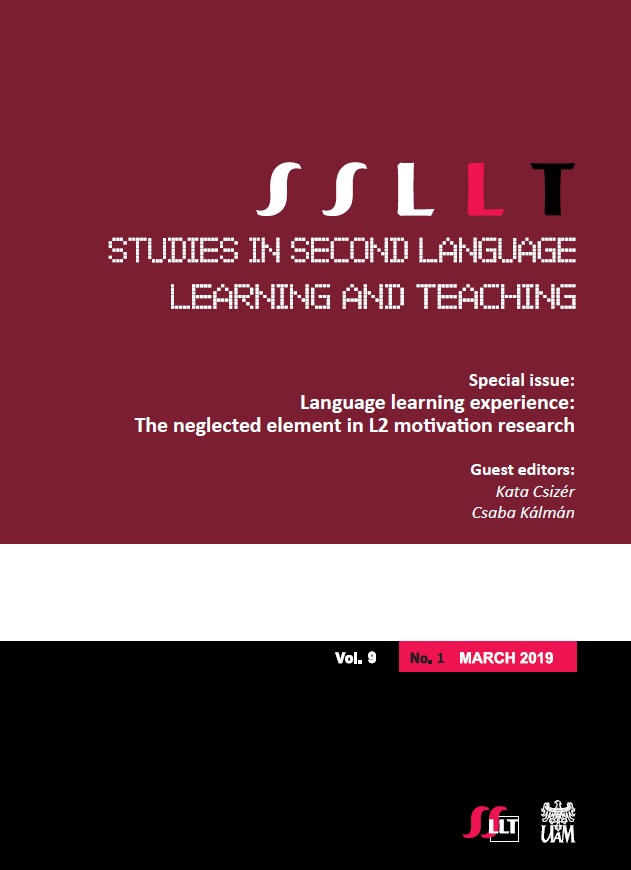Author(s): Idriz Ajeti / Language(s): Serbian
Issue: 24/1986
Au début de cette contribution l’auteur parle de l’extension du groupe des peuples dans les Balkans antiques — Illyriens, Macédoniens, Thraces, Mésés et d’autres et il souligne que leurs migrations avaient provoqué les mélanges ayant comme conséquence la diminution des différences nationales et la simplification de leurs diversités linguistiques. Les conséquences de la domination romaine dans les Balkans ont été difficiles — la disparition des langues qui ne sont pas grecques : vieux-macédonienne, illyrienne, thrace, et les autres, et seulement, selon l’opinion de l’auteur, la branche méridionale des Illyriens a réussi à protéger son identité avec la langue, dont les descendants sont les Albanais d’aujourd’hui, La domination byzantine au Moyen âge avec la culture grecque, l’apparition des Slaves, la conquête de la Péninsule balkanique entière par les Turcs, ont changé essentiellement la forme ethnique des Balkans, ainsi que chez les peuples balkaniques et dans leurs langues a été augmenté le nombre des traits communs. La conséquence de ce mélange intensif est la formation du type balkanique de culture et de langue. La plupart des langues des peuples balkaniques a obtenu la flexion analythique au lieu de celle synthétique et nombreuses nouvelles catégories linguistiques du type analythique. Un trait caractéristique balkanique est le phénomène de forme de l’admiratif en albanais, en macédonien et en bulgare, mais l’albanais a des formes particulières. L’auteur mentionne que le système numérique entre 11 et 19 est un trait caractéristique pour la plupart des langues balkaniques, mais il souligne qu’on a conservé dans les parlers albanais le système numérique vicésimal, ce que devrait être le reliquat du substrat linguistique préindoeuropéen, et le système décimal est la qualité du inonde indoeuropéen. Aucun membre de l’unité linguistique balkanique — bulgare, macédonien, roumain, albanais et grec, ne fait la différence entre les expression de tranquillité et de mouvement. Ce phénomène s’est déplacé aussi sur certains parlers serbes sur Kosovo, en Serbie orientale, ainsi que sur certains dialectes monténégrins. L’auteur mentionne un trait linguistique intéressant albano serbe, qu’on trouve dans le système des parlers serbes sur Kosovo: tavaj, tava, tavo; tanaj, tana, tano, que Giiša Elezović, dans son dictionnaire du dialecte de Kosovo et de Metohija, tient qu’il a passé des parlers albanais. L ’auteur de cette étude écrit qu’ont été formées dans certains parlers monténégrins et albanais plusieurs expressions linguistiques indépendantes, se manifestant par la spirantisation des médiopalatales: ć-j: stići-stij; pronaći-pronaj; noć-noj ; dj-j: svuda-svudj-svuj, kud, tudj-kuj; la même chose dans certains parlers albanais: gj-j: sogj-zoj ; ograda-ograj; kongj, kinj-kij; meka- -mejë; ć-j: pleq-plej, miq-rmj-mijt; Peć-Pejc. L ’auteur a démontré l’importance de l’influence des langues sud-slaves sur la langue albanaise, comme par ex. la conservation dans cette langue des voyelles nasales slaves: orïndi (oroditi), pnedar, (podar, pudar), sundoj (saditi, suditi), rëndrend (rqd). Il y a ajouté la duplicité dans la substitution du groupe consonantique préslave tj, kt, dj dans les dialectes de la langue albanaise: megjë-mezhdë. L’auteur tient que le nombre des mots d’emprunt d’origine albanaise dans certains parlers serbes et macédiniens est assez grand et il donne quelques exemples. Il y est nécessaire analyser au moins la stratification chronologique relative des mots d’emprunt albanais dans les parlers mentionnés. L ’attention particulière mérite l’effort de l’auteur de constater entre le typa dialectale des parlers albanais d’un côté et des parlers serbes de Kosovo de l’autre côté, un grand nombre de concordances dans le domaine de phonétique, de syntaxe et de lexique, que c’est par ex, la réduction des affriquées: c-q, xh-gj, dans les parlers serbes: č-ć, dž-dj — à une paire: é-dj, avec la tendance de mollissement, A la fin l’auteur constate que le trouble de prononciation correcte de deux paires des affriquées n’est pas provoquée par l’influence étrangère, mais c’est le résultat du développement intérieur des parlers albanais au temps que les médiopalatales q, gj dans les parlers albanais de Kosovo avaient perdu leur valeur phonologique sous certaines conditions socio-historiques. Les conditions extralinguistiques ont considérablement soutenu, sans doute, le processus déjà commencé dans ces parlers. Le développement des processus analogiques dans les parlers serbes dans la région de Kosovo est, selon l’opinion de l’auteur, la conséquence des agitations intérieures avec l’appui dans les grands changements sociaux, dans les migrations à l’intérieur de demeure, dans les immigrations des présentants des autres dialectes et des langues dans ces stations venant des régions méridionales et orientales.
More...
